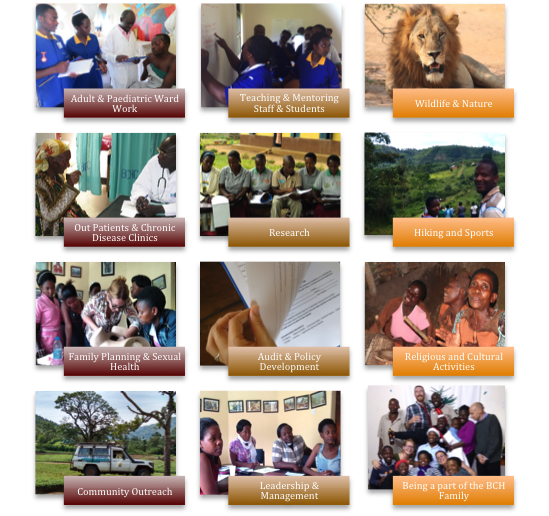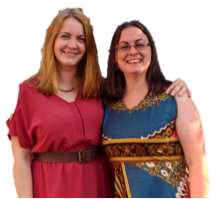“Has your husband beaten you before?”
I wait patiently for the nurse to translate my question and her subsequent reply in Rukiga. I already know the answer, I can see it in her downcast furtive gaze.
“Yes”
“How often?”
“Every time he drinks alcohol”
“How often does he drink alcohol?”
“Every day”
This tiny woman, this child in front of me has been admitted after a horrific beating which caused her to bleed from her private parts. Fortunately the neighbours succeeded in pulling off her husband before he managed to actually follow through on his threat of ripping out her womb.
Her crime? She was not able to conceive another child. This 20 year old mother “only” has 2, one age 5 and one aged 1. You do the math…
Unfortunately there is nothing unique or unusual about this story. It is one we hear all to frequently here.
Since arriving last August, the most challenging aspect of our work has been the prevalence of Gender Based Violence (studies estimate between 60-70% of women and girls over the age of 14 are affected).
We see women and children savagely affected directly and indirectly by frequent and routine daily violence, that is accepted as not only a cultural norm, but in fact an inevitable part of a woman’s life. Often fuelled by alcohol, this has far reaching impact on a women’s health, including mental health and exposure to sexually transmitted infections. Even more worrying is the apparent impact it has on their children, who not only grow up exposed to violence, but are more likely to be orphaned or neglected leading to problems such as malnutrition, poor physical health, and lack of education access.
Most victims are not identified by the hospital staff and those that are seem to be dismissed off hand, with comments from colleagues such as
“she probably deserved it”
and
“that is what happens in marriage”
Even more disturbing is the perspective of many women in the community that
“if he doesn’t beat you he doesn’t love you”
Most women even after attending hospital for severe injuries end up returning to their partners, as they are not accepted back to their premarital homes, cannot buy land for themselves and have no viable alternatives.
However, I am not alone in my concern, we have many local colleagues who find the situation intolerable, as well as an ever increasing incentive from NGOs and women’s advocacy groups to change the tide of cultural perception.
We felt that to truly tackle GBV we first needed a deeper understanding of the attitudinal and cultural barriers that we must overcome. Thus in conjunction with our Ugandan colleagues, we have embarked on a vital piece of research into healthcare worker attitudes and behaviours. This could help us really change health outcomes and futures for women and children not only in our immediate area, but across the region and Uganda.

This is the first step in what we hope will be a full and comprehensive program to tackle GBV in South West Uganda, from senstisation and screening, to care packages and lobbying for the development of third party organisations for community support.
To donate please follow this link: No GBV




